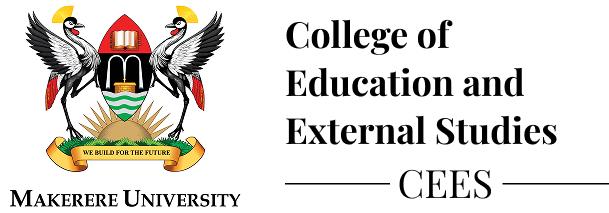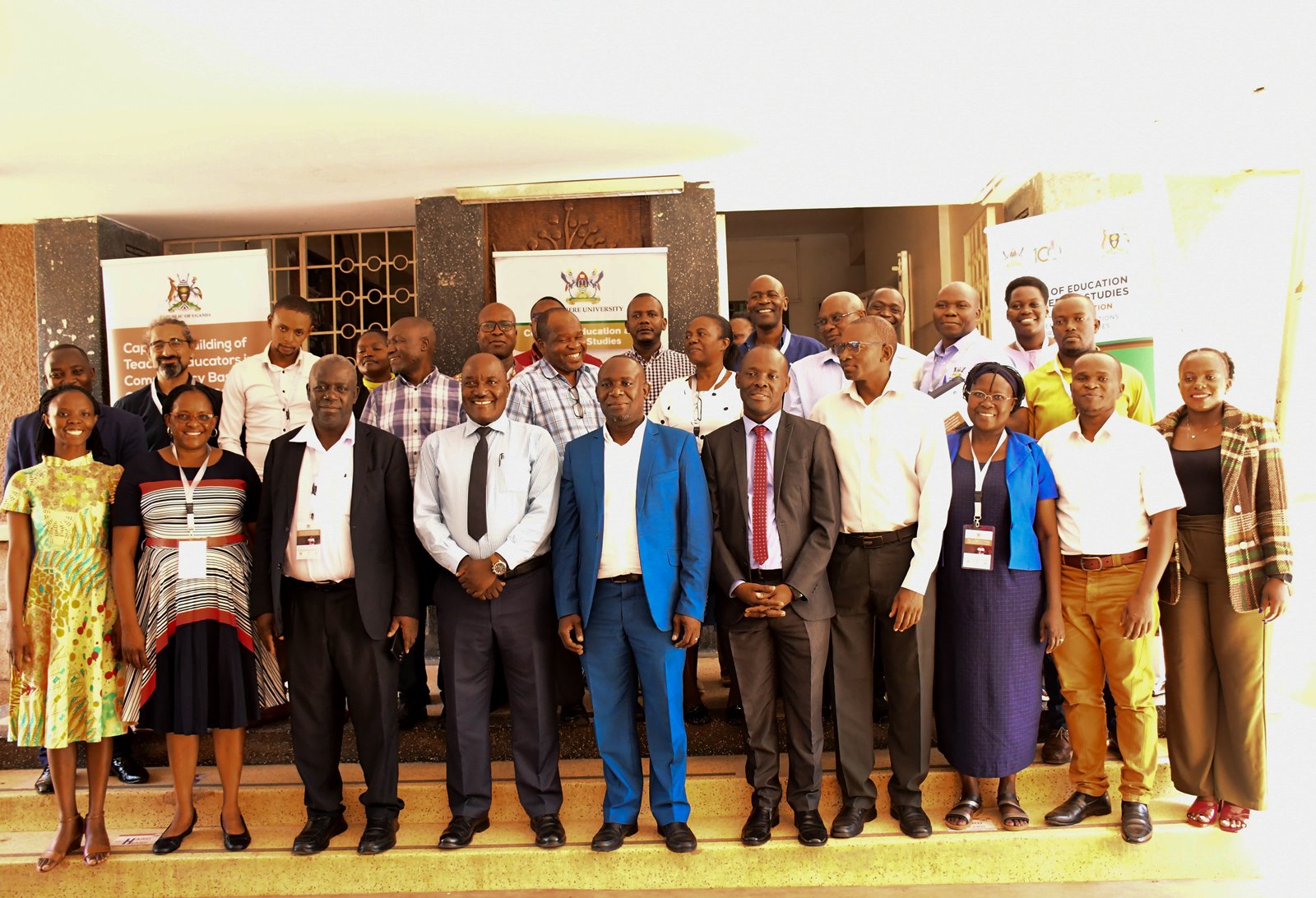In a bid to improve the quality of education in the country, the Government of Uganda through the Ministry of Education and Sports and the National Curriculum Development Centre embarked on the implementation of the new Competency Based curriculum at the Lower Secondary level (Senior One to Senior Four).
The first products of the new Competency Based Curriculum were unveiled on Tuesday 11th February, 2025 when the Uganda National Examinations Board (UNEB) released the results of the Uganda Certificate of Education (UCE) Examinations.
Unlike the traditional approach, which is teacher-centered presenting the learner as a passive recipient of knowledge, the new Competency Based Curriculum is learner-centered, ensuring that the learner is innovative, active, engaged and involved in the entire teaching and learning process.
According to Dr. Mathias Mulumba, an Associate Professor at Makerere University, also the Dean of the School of Education, the new Competency Based Curriculum is enveloped in a learner-centred approach.
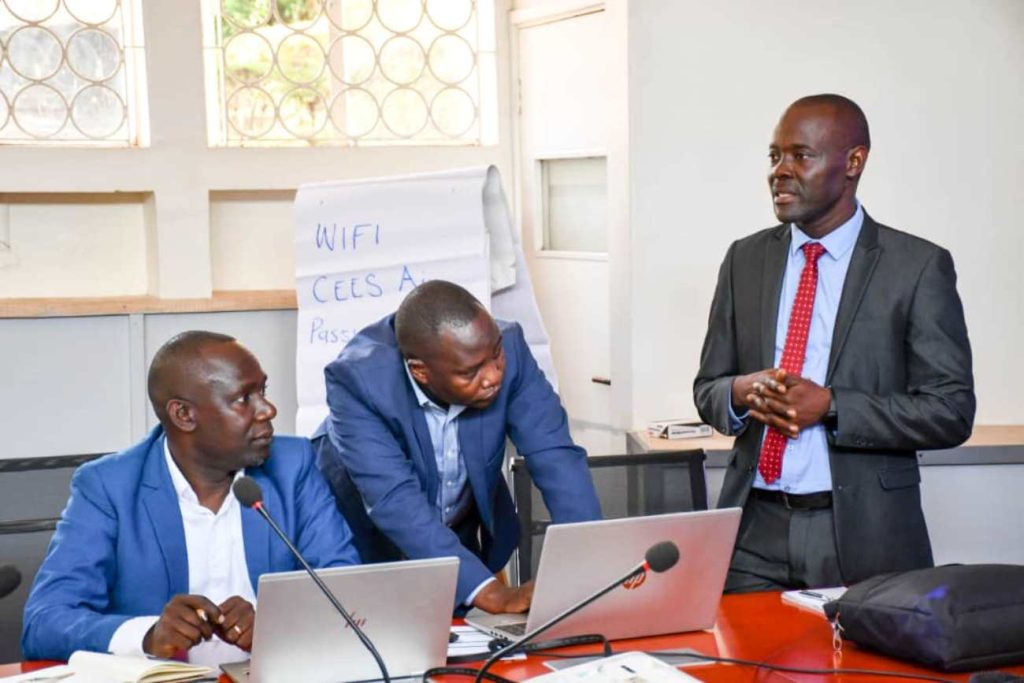
“The learner is at the centre of the teaching and learning approaches. It is about assessing the competencies of the learner. The learner must play a big role because he or she is the one to benefit from the teaching and learning processes,” he said.
He revealed that the Competency Based Curriculum requires the teacher to be a facilitator who is well-versed with learner-centered methodologies and content knowledge to enable meaningful learning.
Acknowledging that this is the best curriculum, Uganda has ever had, Dr. Mulumba called upon academic staff, learners, parents, employers and stakeholders in general to be involved in its realization and effective implementation.
Opening the training workshop for Teacher Educators held on 19th February 2025 at Makerere University, Dr. Mulumba stressed that the latest products (the Senior Four candidates who received the UCE results in February 2025) of the new Competency Based Curriculum are scheduled to join the Advanced level of education (Senior Five and Senior Six) and are expected to enroll at Universities in 2027 or 2028. He therefore stressed the need for academic staff at Makerere University and other Universities to be equipped with skills and knowledge that are in tandem with the new curriculum as well as the expectations of the learners.
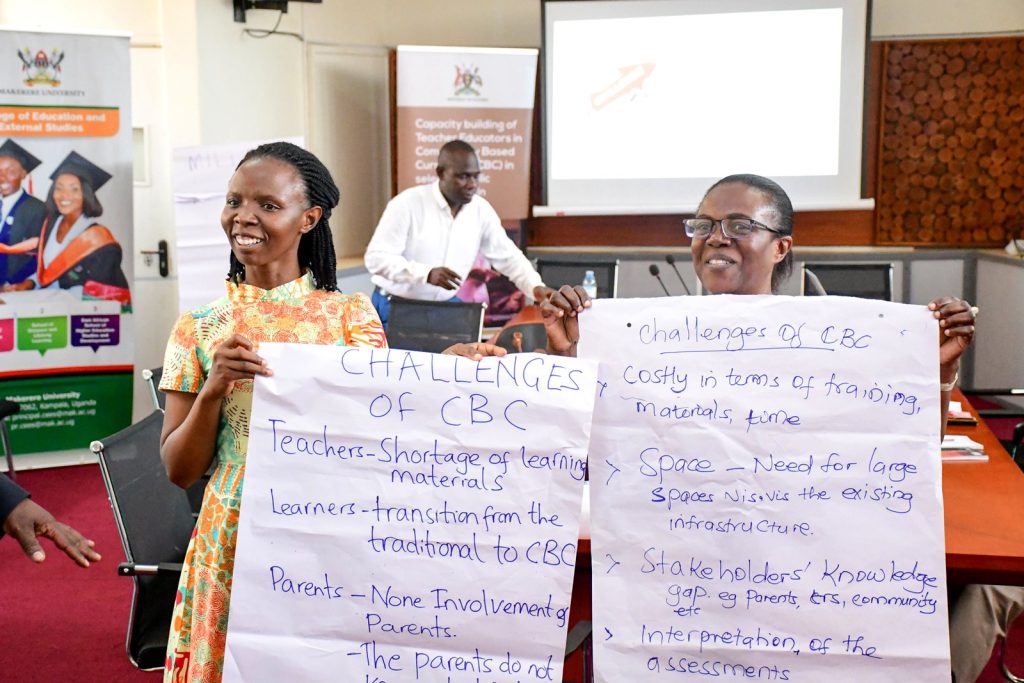
The training workshop focused on: Understanding the Competency Based Curriculum, Effective facilitation of CBC sessions, Assessment in CBC, Integration of CBC in Teacher Education programs, and what to expect in the Advanced Level Competency Based Curriculum.
In this regard, he applauded the College of Education and External Studies at Makerere University for implementing the project titled: Capacity Building of Teacher Educators in Competency Based Curriculum (CBC) in selected Public Universities in Uganda, which is funded by the Government of Uganda through Makerere University Research and Innovation Fund (MakRIF).
He commended the Project Principal Investigator Dr. Mbulankende Julius Shopi together with his team consisting of Dr. Baluma Alfred, Dr. Walimbwa Michael, Associate Professor Esaete Josephine as well as the experts from the National Curriculum Development Centre namely Mr. Mathias Mulumba Mutema and Ms Nansubuga Joyce for implementing the project at Makerere University, Busitema University and Mountains of the Moon University.
On behalf of the team, the Project Principal Investigator, Dr. Mbulankende, explained that the situation analysis did identify gaps in competencies and abilities of teacher educators to adapt to the new curriculum. To position the academic staff into the gist of the training, he paused a question: How is the University ready to receive the Competency Based Curriculum products?
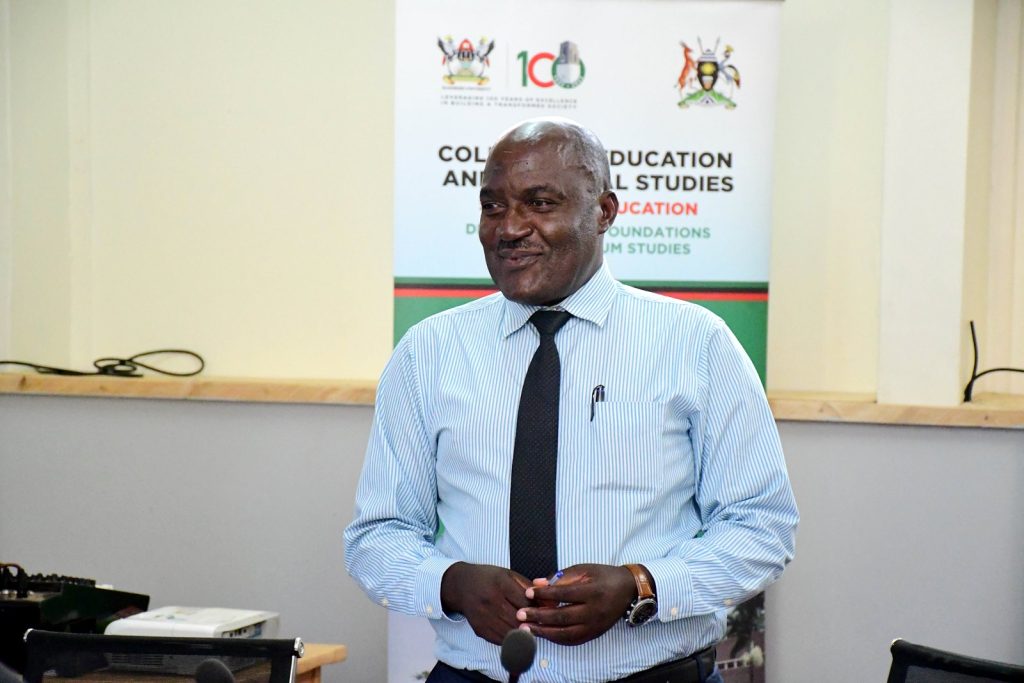
In his address, the Chairperson of MakRIF, Prof. Fred Masagazi Masaazi acknowledged the President of the Republic of Uganda, H.E President Yoweri Kaguta Museveni, the Ministry of Education and Sports, and the National Curriculum Development Centre for the support extended to Makerere University College of Education and External Studies in the execution of its mandate.
Underscoring the re-tooling processes such as the training workshop in Competency Based Curriculum, Prof. Masagazi Masaazi advocated for regular training workshops and the continuous professional development of staff.
Noting that a significant number of Ugandans were yet to understand and appreciate the new Competency Based Curriculum, he urged the academic staff to sensitize stakeholders about the new curriculum. He encouraged them to come up with research projects aimed at popularizing the new curriculum.
Building on to the general observations and remarks from the Dean of the School of Education, the Project Principal Investigator and Prof. Masagazi Masaazi, a seasoned academic and educationist,the stage was set for a highly interactive and hands-on training workshop delivered by resource persons from the National Curriculum Development Centre and experts in the education field.
Mr. Mathias Mulumba Mutema, a facilitator from National Curriculum Development Centre, constituted smaller groups consisting of lecturers of teaching methods and content areas into interactive and participatory sessions aimed at understanding and appreciating the changes in Uganda’s education system as well as the delivery and effective implementation of the new lower secondary school curriculum.
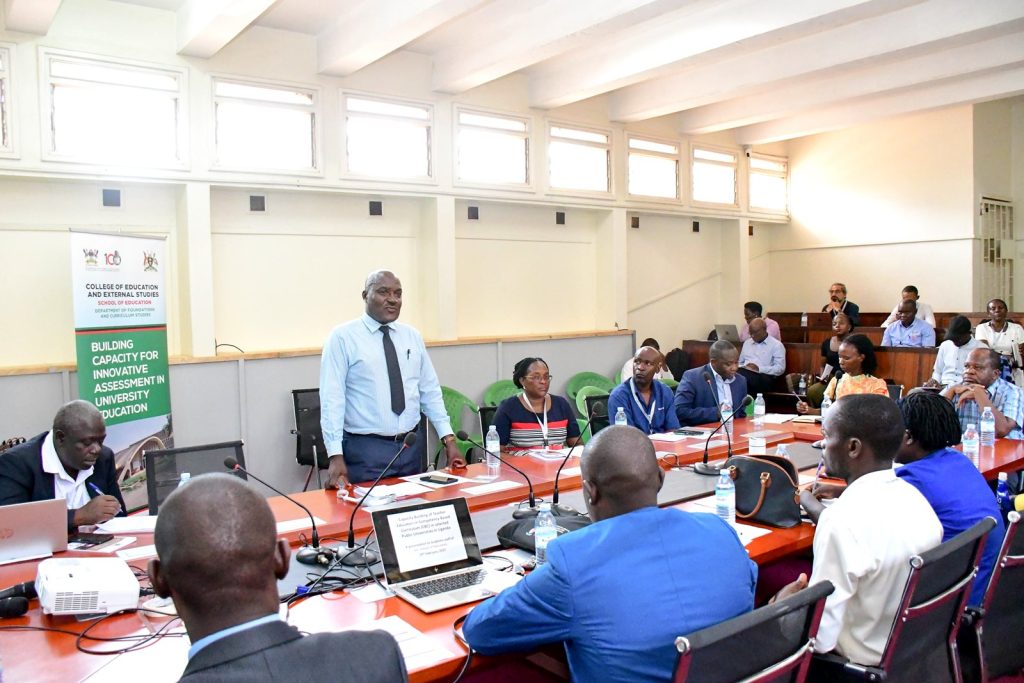
He shared a famous quote by John Dewey: “If we teach today as we taught yesterday, we rob our children of tomorrow.” Highlighting a typical example in the traditional approach, which was teacher-centred and based on a one-sided approach of receiving instructions from the teacher, Mr. Mulumba Mutema appealed to the teachers and participants to forget statements such as, “if you do not produce the notes the way I taught you, you will score zero.” He pointed out that such instructions do not have a place as stakeholders implement the new Competency Based Curriculum, which emphasizes the learner’s voice and choices.
He explained that the new curriculum is about usage of situations, illustrations, photos, examples, statements to enable the learner interpret real-life experiences and solve societal challenges.
Dr. Mulumba Mutema presented the features of traditional education versus Competence Based education citing the Motivis Learning, 2017. The traditional education is time based, passive learning, fragmented curriculum, isolation, textbook driven, teacher-centered, print, facts and memorization. Competency based education is outcome-based, provides for active learning, integrated curriculum, collaboration, research driven, student centered, multi-media and high order thinking.
One of the training sessions involved turning the teacher educators and lecturers into learners under the new Competency Based Curriculum, to discuss the successes and challenges of the new curriculum.
The workshop participants pointed out the following successes: Innovativeness, Acquisition and Application of skills, Increased learner self-confidence, spending more time learning rather than copying notes, more interest in learning and relevance-solving societal problems.
Some of the challenges of the Competence Based Curriculum registered during this training session included: Shortage of learning materials, transition challenges from traditional to competence based, none involvement of parents, the need for large spaces compared to the existing infrastructure, integrity issues in assessment, interpretation of assessments, stakeholders’ knowledge gaps about the new curriculum.
